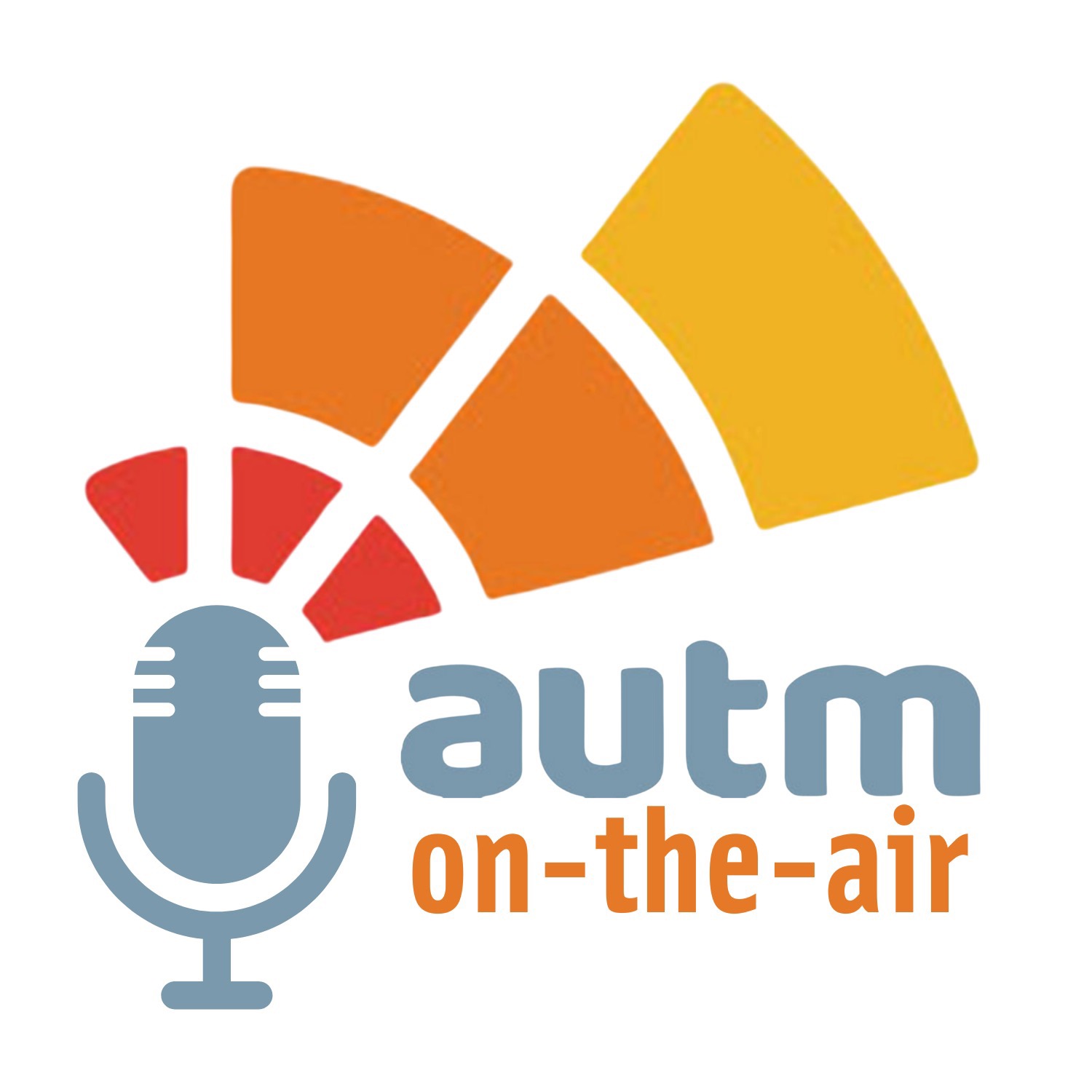The Open Science Revolution: Impact and Opportunities in Technology Transfer with Meghan Hayes and Andrew Wichmann
39m | May 1, 2024Open science advocates for the openness of data, methods, and tools to make scientific research scalable and publicly accessible, with the goal of enhancing research and making it more accessible to a wider audience.
Today, we're discussing the Year of Open Science and its implications for patenting, licensing, and technology transfer strategies. Recent mandates from federal agencies, along with a growing emphasis on transparency and collaboration, are profoundly transforming the landscape of scientific research and innovation.
We are joined by Meghan Hayes, Associate Director of Business Development and Licensing at Carnegie Mellon University. Meghan plays a pivotal role in protecting and disseminating intellectual property arising from university research.
We are also joined by Andrew Wichmann, Senior Intellectual Property and Licensing Manager for Digital Technology at Johns Hopkins Technology Ventures, or JHTV. Andrew is involved in patent strategy, open source strategy, technology transactions, and portfolio management at JHTV.
In This Episode:
[01:51] 2023 was deemed the Year of Open Science by the White House to ensure free, immediate, and equitable access to publicly funded research.
[02:13] A memo was sent to federal agencies to update their public access policies to make data and other resources accessible.
[03:09] Many people credit the rapid development of COVID-19 vaccines to the sharing of information.
[03:48] Meghan talks about patent protection and open source and finding strategies that work. We need to understand what open source code does and if any part is protected or needs to be shared openly.
[06:11] Subject matter has an influence on the information shared. Data will be published faster. Source code and licensing also needs to be looked at.
[09:33] Changes that intersect with traditional research terms and conditions like Bayh-Dole provisions.
[13:03] We have established IP protections in place. We want to drive and foster innovation. There is no one proper strategy for dissemination.
[14:24] The end game is for promoting innovation.
[15:09] There are a lot more questions about open science requirements. There's also a slight impact on IP disclosure numbers. We can increase educational outreach.
[17:09] Open source tools have made progress faster. It also makes licensing a code base more complicated.
[20:06] This is another detail to be mindful of in the industry. It's also an opportunity to be more creative. There are also dual licensing models.
[23:23] Misconceptions and misunderstandings include people thinking this will end technology as we know it. Open source has been around for years. It's not as new as people fear.
[24:35] Metrics are going to have to evolve and adjust.
[29:44] Proactive steps include open source being integrated for a long time, so the requirements don't feel that new. It's seen as a tech transfer win.
[34:34] How the relationship between academic leadership and TTOs is evolving includes a needed shift in mindset and a role to educate on what is a tech transfer win and being open source.
[36:00] John Hopkins recently made a large investment in the Artificial Data Science and Artificial Intelligence Institute.
[37:15] Meghan and Andrew are optimistic about open source fostering scientific innovation.
Resources:
Meghan Hayes Center for Technology Transfer and Enterprise Creation
